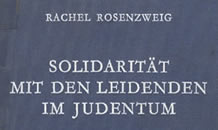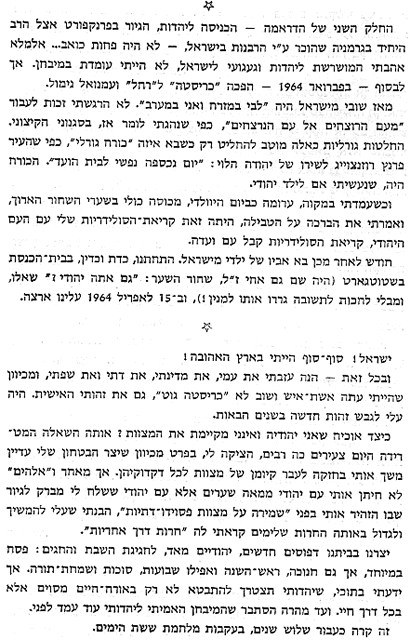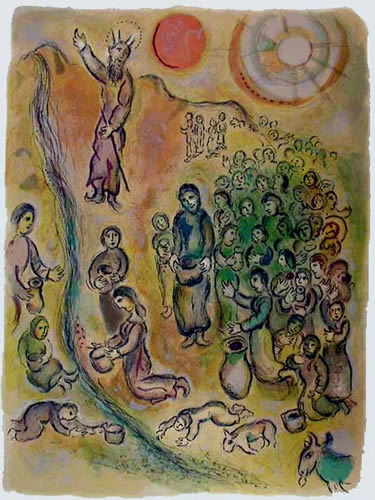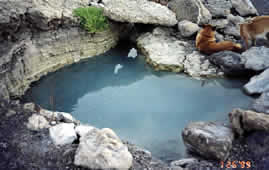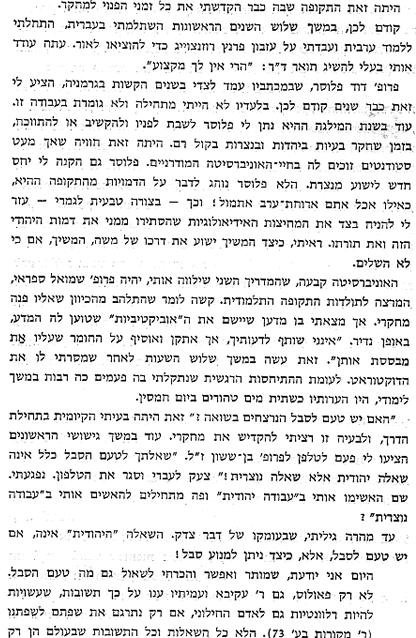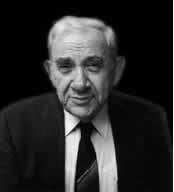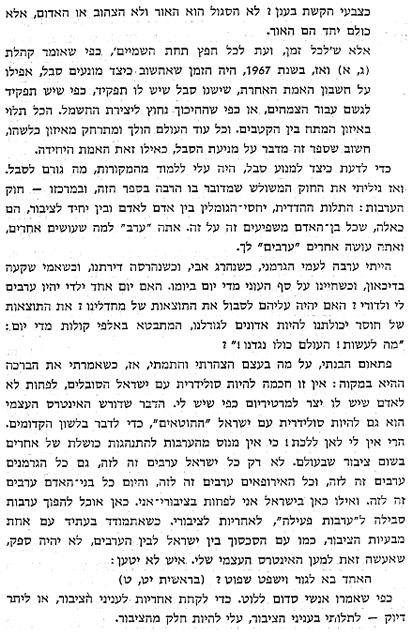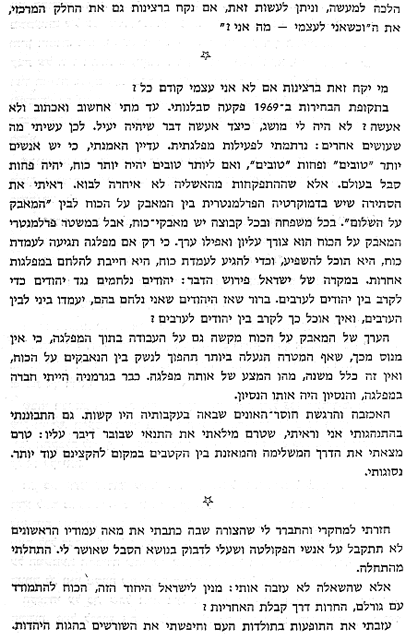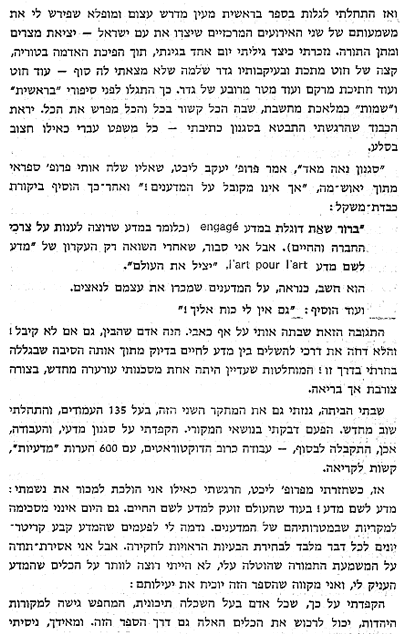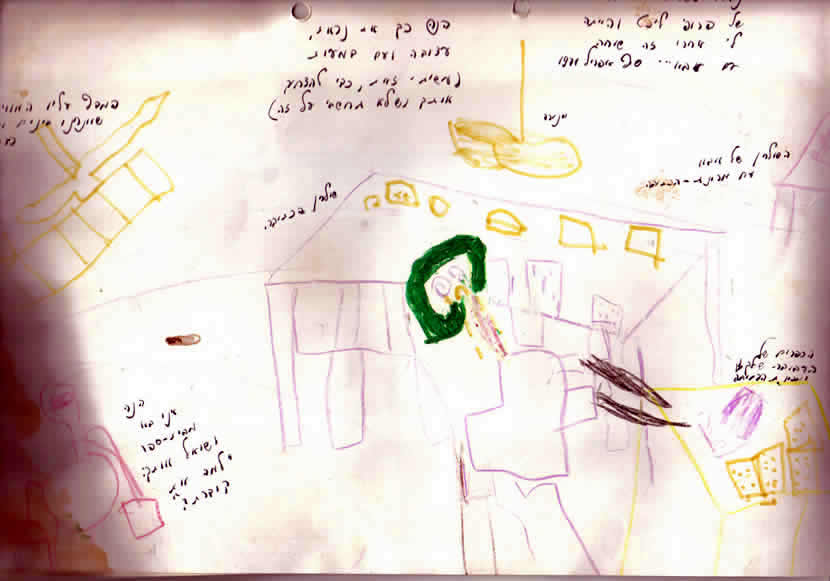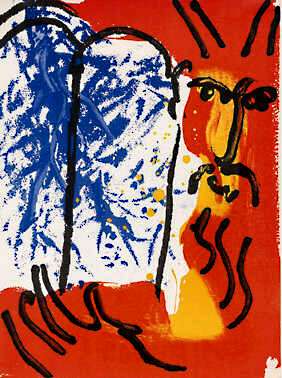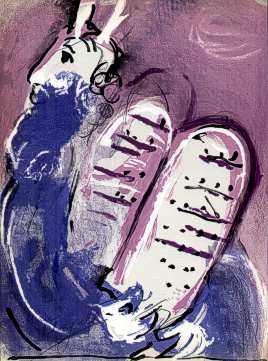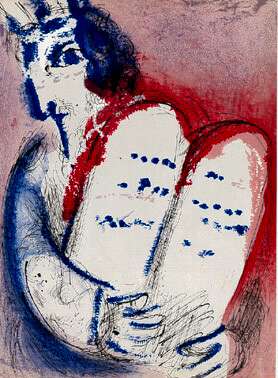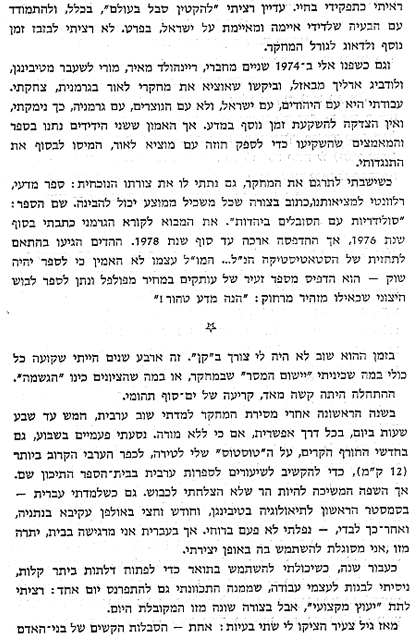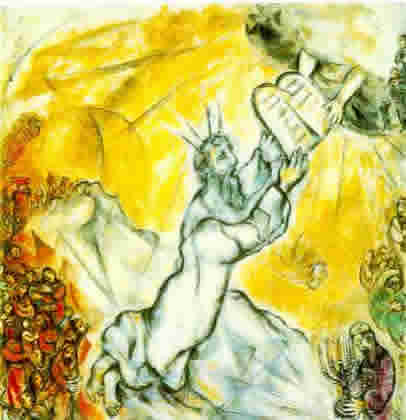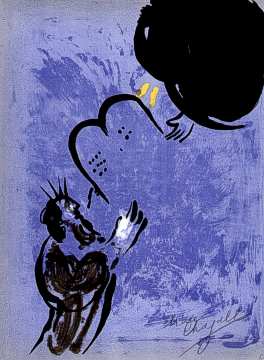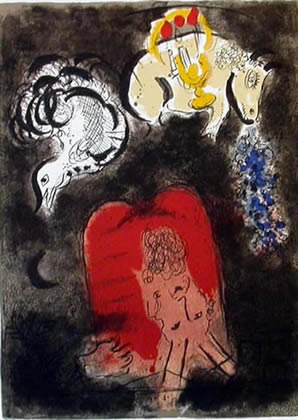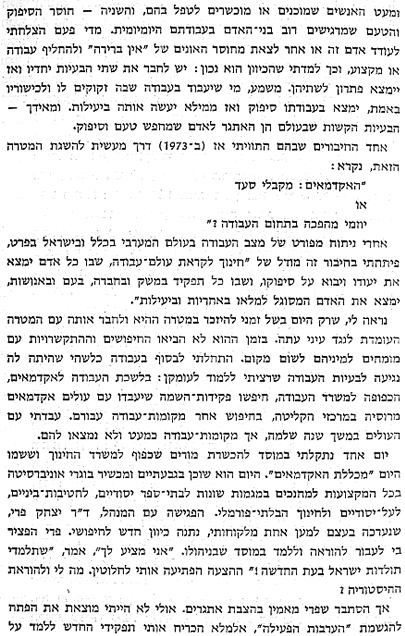Now they came, the Children of Israel,
the entire community,
(to the) Wilderness of Tzyn,
in the first New-Moon.
The people stayed in Kadesh.
Miryam died there,
and she was buried there.
Now there was no water for the community,
so they assembled against Moshe and against Aharon;
the people quarreled with Moshe,
they said, saying;
O would that we had expired
when our brothers expired before the presence of YHWH!
O why did you bring the assembly of YHWH into this wilderness,
to die there,
we and our cattle?
[July 26, 2011, I cannot read
this without seeing in front of my eyes,
what
happens in Somalia right now!]
O why did you make us go up from Egypt
to bring us to this evil place,
not a place of seeds and figs, vines and pomegranates
- and water (there is) none to drink
Moshe and Aharon came away from the presence of the assembly
to the entrance to
the
Tent of Appointment,
and flung themselves upon their faces.
The Glory of YHWH was seen by them,
and YHWH spoke to Moshe, saying:
Take the staff
and assemble the community, you and Aharon your brother;
you are to speak to the boulder before their eyes
so that it gives forth its water,
thus you are to bring out for them water from the boulder,
that you may give-drink to the assembly and to their cattle.
So Moshe took the staff from before the presence of YHWH,
as he had commanded him.
And Moshe and Aharon assembled the assembly facing the boulder.
He said to them;
Now hearken, (you) rebels,
from this boulder must we bring you out water?
And Moshe raised his hand
and struck the boulder with his staff, twice,
so that abundant water came out;
and the community and their cattle drank.
YHWH said to Moshe and to Aharon:
Because you did not have-trust in me
to treat-me-as-holy before the eyes of the Children of Israel,
therefore:
you (two) shall not bring this assembly into the land that I am giving
them!
Those were the Waters of Meriva/Quarrling,
where the Children of Israel quarreled with YHWH,
and he was hallowed through them.
[Numeri
20, 1-13 ] 